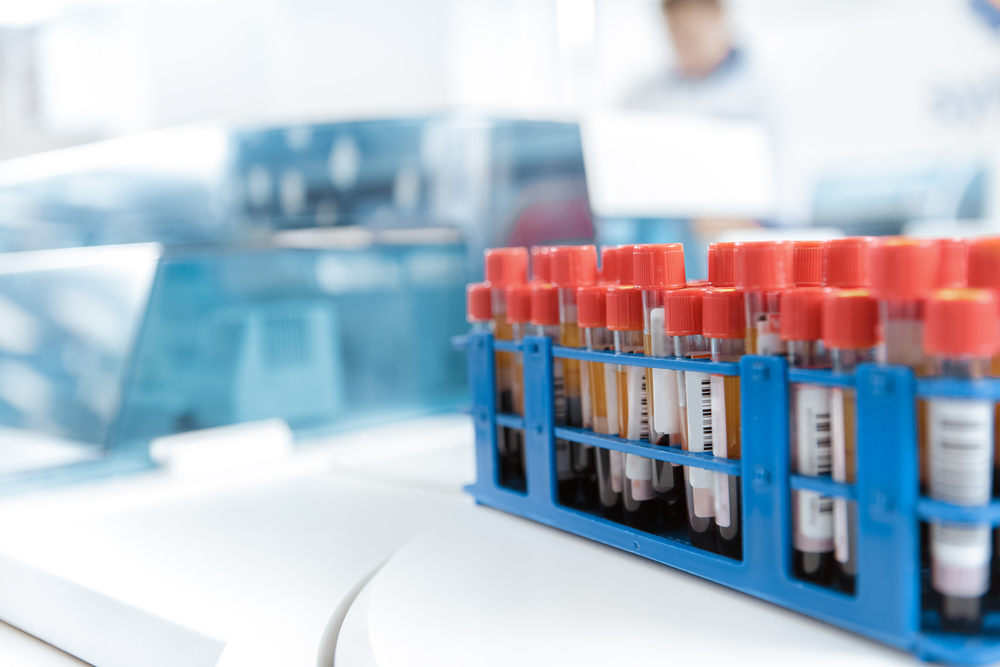Introduction
In the realm of medical diagnostics, understanding the nuances of various biomarkers is crucial for accurate diagnosis and effective treatment planning. Acid phosphatase, in both total and prostatic forms, stands as a significant player in the landscape of diagnostic markers, particularly in prostate health assessment. In this article, we delve into the depths of acid phosphatase, its role, and its implications in medical practice.
What Do Your Lungs Do?
Before diving into tips for maintaining lung health, it's essential to understand the fundamental role your lungs play in your body's functioning. Your lungs are part of the respiratory system, a complex network of organs and tissues that work together to facilitate breathing.
When you breathe in, air enters your body through your nose or mouth, travels down the windpipe (trachea), and into your lungs through a series of branching airways called bronchi and bronchioles. Within the lungs, oxygen from the air is transferred into the bloodstream, where it is carried to cells throughout the body. At the same time, carbon dioxide, a waste product produced by cells, is removed from the bloodstream and exhaled from the body during exhalation.
So How Exactly Does Air Travel Through The Body?
Understanding the path air takes through your respiratory system can provide insights into how to maintain lung health effectively. Here's a step-by-step breakdown of the journey air takes through your body:
- Inhalation: Air enters your body through your nose or mouth.
- Trachea: The air travels down the windpipe (trachea).
- Bronchi and Bronchioles: The trachea branches into two bronchi, each leading to a lung. These bronchi further divide into smaller tubes called bronchioles.
- Alveoli: At the end of the bronchioles are clusters of tiny air sacs called alveoli. It is within these alveoli that the exchange of oxygen and carbon dioxide occurs.
What's The Connection Between Your Lungs And Heart?
The health of your lungs and heart is intricately linked. The heart pumps oxygen-rich blood from the lungs to the rest of the body, providing cells with the oxygen they need to function optimally. Simultaneously, the heart receives deoxygenated blood from the body, which it then sends to the lungs to replenish with oxygen.
A healthy respiratory system ensures that the heart receives an adequate supply of oxygenated blood, promoting cardiovascular health and overall well-being. Conversely, respiratory conditions such as chronic obstructive pulmonary disease (COPD) or asthma can strain the heart and compromise its function over time.
How can you keep your lungs healthy?
Your lungs are resilient organs, but they require proper care to function optimally. Incorporating healthy habits into your lifestyle can significantly contribute to maintaining lung health. Here are some actionable tips:
Stop Smoking
Tobacco smoke contains thousands of harmful chemicals that can damage your lungs and increase the risk of lung cancer, chronic obstructive pulmonary disease (COPD), and other respiratory conditions. Quitting smoking is the single most effective step you can take to protect your lung health.
Exercise regularly
Regular physical activity is beneficial for lung health as it strengthens respiratory muscles, improves lung capacity, and enhances overall cardiovascular fitness. Aim for at least 30 minutes of moderate aerobic exercise most days of the week to keep your lungs in top condition.
Maintain a healthy diet and stay hydrated
Eating a nutritious diet rich in fruits, vegetables, whole grains, and lean proteins provides essential nutrients that support lung function and tissue repair. Additionally, staying hydrated by drinking an adequate amount of water helps keep respiratory mucous membranes moist and facilitates the removal of toxins from the body through respiration.
Get annual check-ups
Regular check-ups with your healthcare provider allow for early detection of any potential lung issues and provide an opportunity to discuss preventive measures and lifestyle changes to support lung health. Be proactive about scheduling annual check-ups, especially if you have a history of respiratory problems or risk factors.
Stay up to date with vaccinations
Vaccinations, such as the annual flu vaccine and pneumococcal vaccine, help prevent respiratory infections that can lead to complications and compromise lung function. Stay up to date with recommended vaccinations to reduce the risk of respiratory illnesses.
Avoid outdoor air pollution exposure
Exposure to outdoor air pollutants, such as vehicle emissions, industrial pollutants, and airborne particulate matter, can irritate the lungs and exacerbate respiratory conditions. Limit outdoor activities during times of high pollution or consider wearing a mask to protect your respiratory health.
Practice deep breathing
Deep breathing exercises, such as diaphragmatic breathing or pursed-lip breathing, can help strengthen respiratory muscles, improve lung function, and promote relaxation. Incorporate deep breathing exercises into your daily routine to support optimal lung health.
Maintain good hygiene
Practicing good respiratory hygiene, such as washing your hands frequently and covering your mouth and nose when coughing or sneezing, helps prevent the spread of respiratory infections. By minimizing the transmission of germs, you can reduce the risk of respiratory illnesses.
Get screened for lung cancer
If you are at high risk for lung cancer due to factors such as smoking history or exposure to carcinogens, consider getting screened for lung cancer with low-dose computed tomography (LDCT). Early detection can significantly improve treatment outcomes and survival rates.
By incorporating these strategies into your daily life, you can take proactive steps to protect and maintain the health of your lungs. Remember that small changes can have a big impact on your respiratory health, so prioritize lung health today for a healthier tomorrow.
Conclusion
Maintaining healthy lungs is essential for overall well-being and longevity. By adopting lifestyle habits that promote lung health, such as avoiding smoking, staying physically active, and protecting against environmental pollutants, you can support optimal respiratory function and reduce the risk of developing respiratory diseases. Remember, small changes in your daily routine can have a significant impact on the health of your lungs both now and in the future. Prioritize your lung health today for a healthier tomorrow.
For an extra layer of assurance regarding your lung health, consider getting a lung wellness test at ASTO LABS. Regular screenings can help detect any potential issues early on, allowing for timely intervention and treatment. Take proactive steps towards maintaining your lung health and schedule a lung wellness test today.






